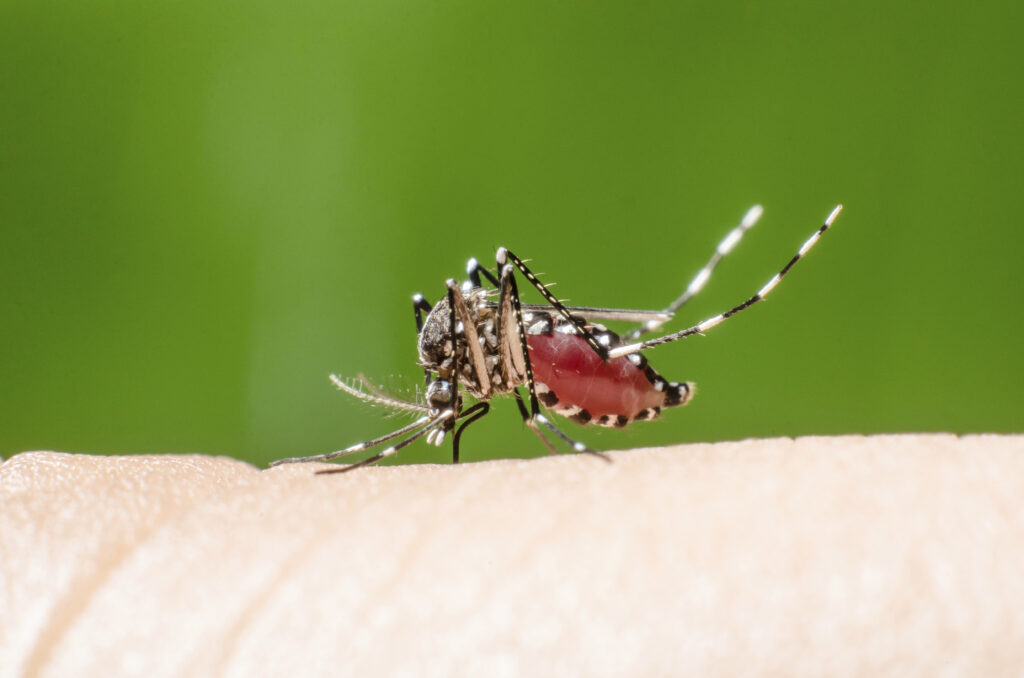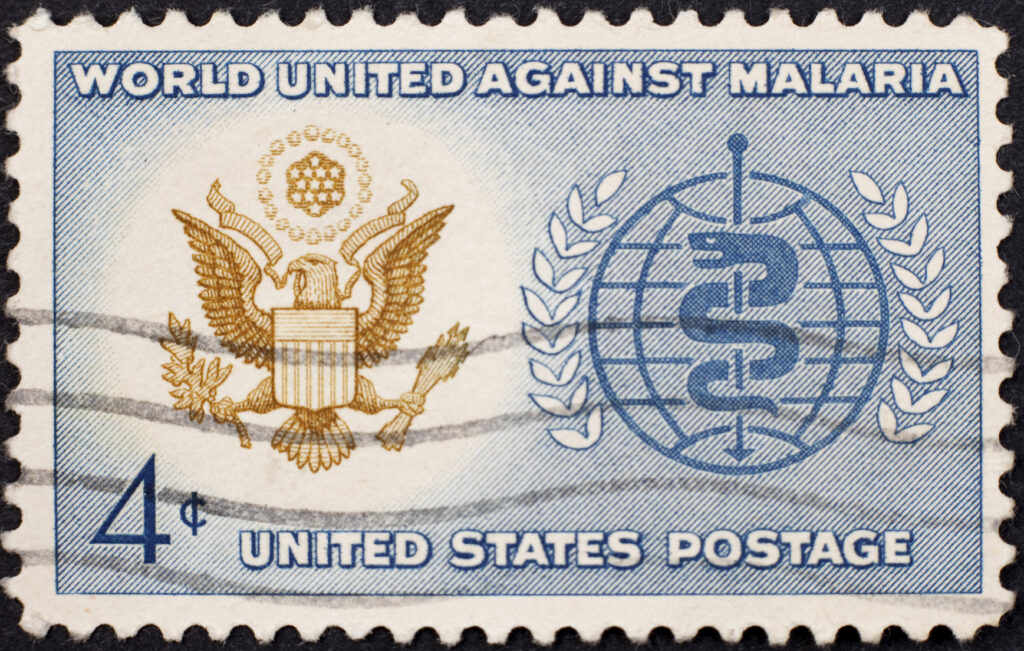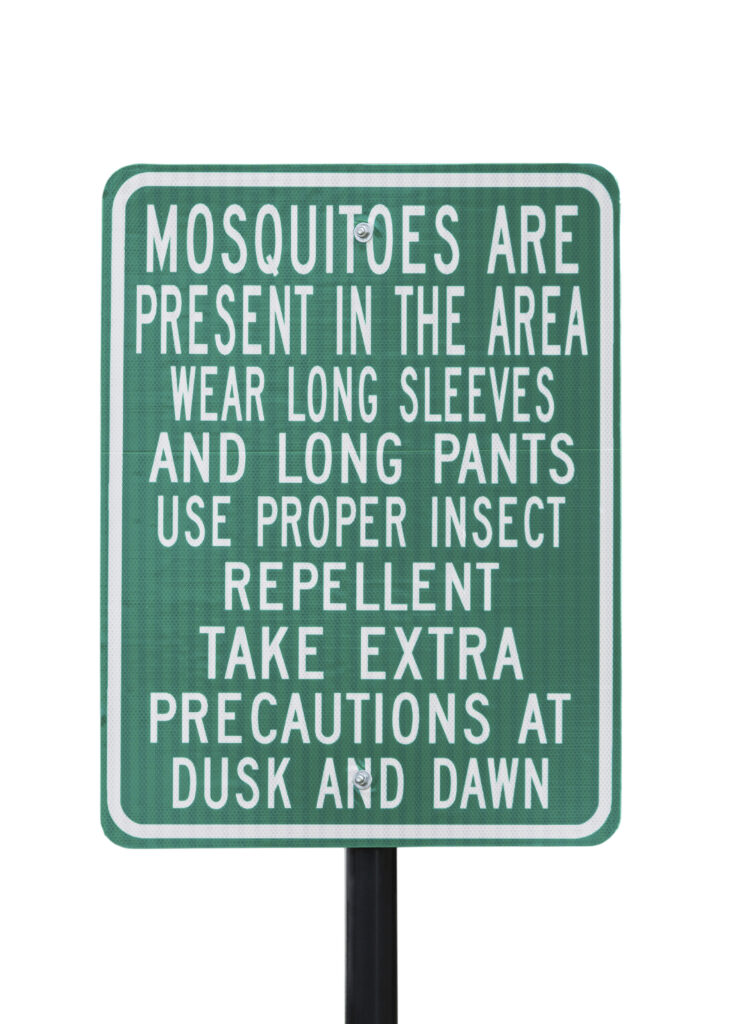Symptoms can develop as early as seven days after initial exposure in a malaria-risk area, and as late as months after departure from there.
MALARIA
- Home

WHAT IS IT, AND WHERE AM I AT RISK?
Malaria is a disease transmitted through a mosquito bite. It is a major public health problem worldwide, causing approximately one million deaths annually.
The best prevention of malaria is to understand where malaria is a risk in the world, and to take anti-malarial medications. It is also very important to practice good insect precautions when you are in high risk areas.
Malaria is most commonly seen in large areas of Africa, Central and South America, parts of the Caribbean, Asia, Eastern Europe, and the South Pacific.
Your specific risk varies, depending on the constantly changing malaria transmission patterns, destination country, and detailed itinerary (including area, season, accommodations, and style of travel).
Your clinician will be able to identify your level of risk, and may recommend anything from no interventions, insect precautions only, or insect precautions and anti-malarial medications.
Travelers who are returning to their country of origin (where malaria may be present) to visit friends and relatives may consider themselves at no risk because they feel they are “immune or from that country.” It is recommended that these individuals consult a travel medicine specialist, since their previously acquired immunity can be lost quickly when they move away from that area.
SYMPTOMS AND TREATMENTS
- Fever
- Flu-like symptoms (chills, headache, muscle aches, tiredness)
- Uncomplicated disease can have anemia and jaundice
- Severe disease can include seizures, mental confusion, kidney failure, acute respiratory distress, coma, and even death
Any travelers who have been in a malaria risk area, and have symptoms of malaria should seek medical evaluation as soon as possible.
With early detection and treatment, malaria can be treated effectively – good outcomes rely on early intervention.

Your best plan is for prevention – insect (mosquito) precautions and anti-malarial medications where indicated. If you have been bitten by a mosquito in a high malarial risk area and become ill, seek medical attention promptly.

WHAT CAN I DO TO PREVENT MALARIA?
Mosquito precautions are your best option for prevention of malaria, especially between dusk and dawn:
- Wear clothing to cover skin - long pants, shirt, and hat if possible
- Use insect repellant (Permethrin for clothing, DEET for skin)
- Use mosquito bed nets (these may be treated with insect repellants for added protection)
- Choose to be in well-screened areas if possible
For anti-malarial medications: see your Travel Medicine Specialist. This specialist will be able to tell you whether anti-malarial medication are indicated for your individualized itinerary, using the most up to date information available. Some medications may need to taken before, during, and after travel to a malaria risk area, so it is important to plan ahead whenever possible if these medications are recommended for you.
Unlike some other diseases, malaria can be contracted again, so preventative measures need to be observed during each trip where appropriate.
